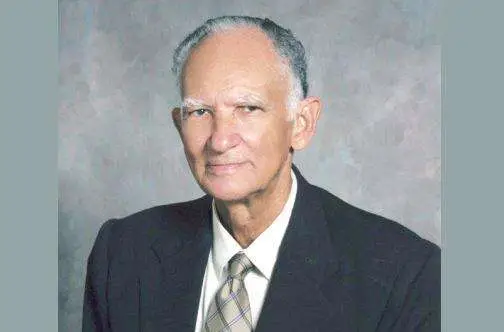KINGSTON, Jamaica—The passing of Dr. Alfred Sangster at age 95 marks the end of an era for a man whose influence stretched across education, governance, and civic responsibility. Though not always in the spotlight, Sangster’s work behind the scenes reshaped the institutions that define modern Jamaica.
Many knew him as the pioneering force behind the transformation of the College of Arts, Science and Technology (CAST) into the University of Technology (UTech), but his impact went far beyond academia. He was a key figure in establishing Citizens Action for Free and Fair Elections (CAFFE), an organization born out of growing concerns about the nation’s electoral system in the 1990s. As CAFFE’s first chairman, he guided the watchdog group through turbulent political waters, bringing credibility to election monitoring in Jamaica.
His approach was pragmatic—never one for grandstanding, Sangster focused on results. In education, he built pathways for thousands of students to access technical and professional training. In democracy, he laid the groundwork for impartial election oversight, ensuring that Jamaicans could trust the electoral process.
Friends and colleagues describe him as a man of quiet determination, someone who believed that meaningful change happens through persistence and strategy rather than force. His leadership at CAFFE was instrumental in recruiting thousands of volunteers to monitor elections at a time when political distrust was high.
While his name may not have been the loudest in public discourse, his legacy speaks for itself. Dr. Alfred Sangster was not just an administrator or a reformer—he was a quiet revolutionary who fundamentally changed how Jamaica educates its people and safeguards its democracy.






